Trusted MBBS Admission Experts for Indian & NRI Students
Our Expertise in NRI MBBS Counselling
We provide personalized MBBS counselling services for both Indian and NRI students. With a proven success rate and expert guidance, we help you secure admission into top Indian medical colleges — across Government, Management, and NRI Quota seats.
1,600+ Successful MBBS Admissions
Proven track record of placing students in India’s top medical colleges through Government Quota, Management Quota, and NRI Quota counselling.
Expert Legal & Admission Support for NRI Students
Our specialized NRI counselling team handles everything — from eligibility checks and document verification to legal compliance and admission confirmation.
India’s Highest NRI Quota Conversion Rate
We’ve helped hundreds of NRI/NRI-Sponsored students successfully secure MBBS seats through strategic counselling and real-time support.
Check what Media says about MCMF
Click any logo below to read what top channels say about our MBBS counseling success
Testimonials of My Career My Future (MCMF)
Empowering medical aspirants with proven results since 2015
NEET Aspirants Used Our College Predictor
Active Subscribers to Notification Alerts Software (NAS)
Successful Admissions, Including 550+ NRI Students
From NEET Rank to MBBS Seat — We Guide You
Complete NEET counselling guidance – from application to final seat allotment for Indian & NRI students.
Document Verification & Application Support
Expert assistance for NEET registration, uploading required certificates, NRI eligibility documentation, and verification support to ensure smooth application submission.
Strategic College Guidance
We analyze your NEET score, category, and preferences to suggest the best-fit medical colleges under AIQ, State, Deemed, and NRI quota – maximize your chances with smart strategy.
MBBS Counselling Process Breakdown
Access detailed guidance on NEET counselling steps, round-wise seat allocation, closing ranks, and admission probability – know exactly what to expect at each stage.
NEET Registration & Documentation Made Easy
Get expert guidance to navigate the entire process without stress
- 100% documentation approval
- 24/7 expert support
NEWS & BLOGS
Stay updated with the latest medical education news and expert guidance
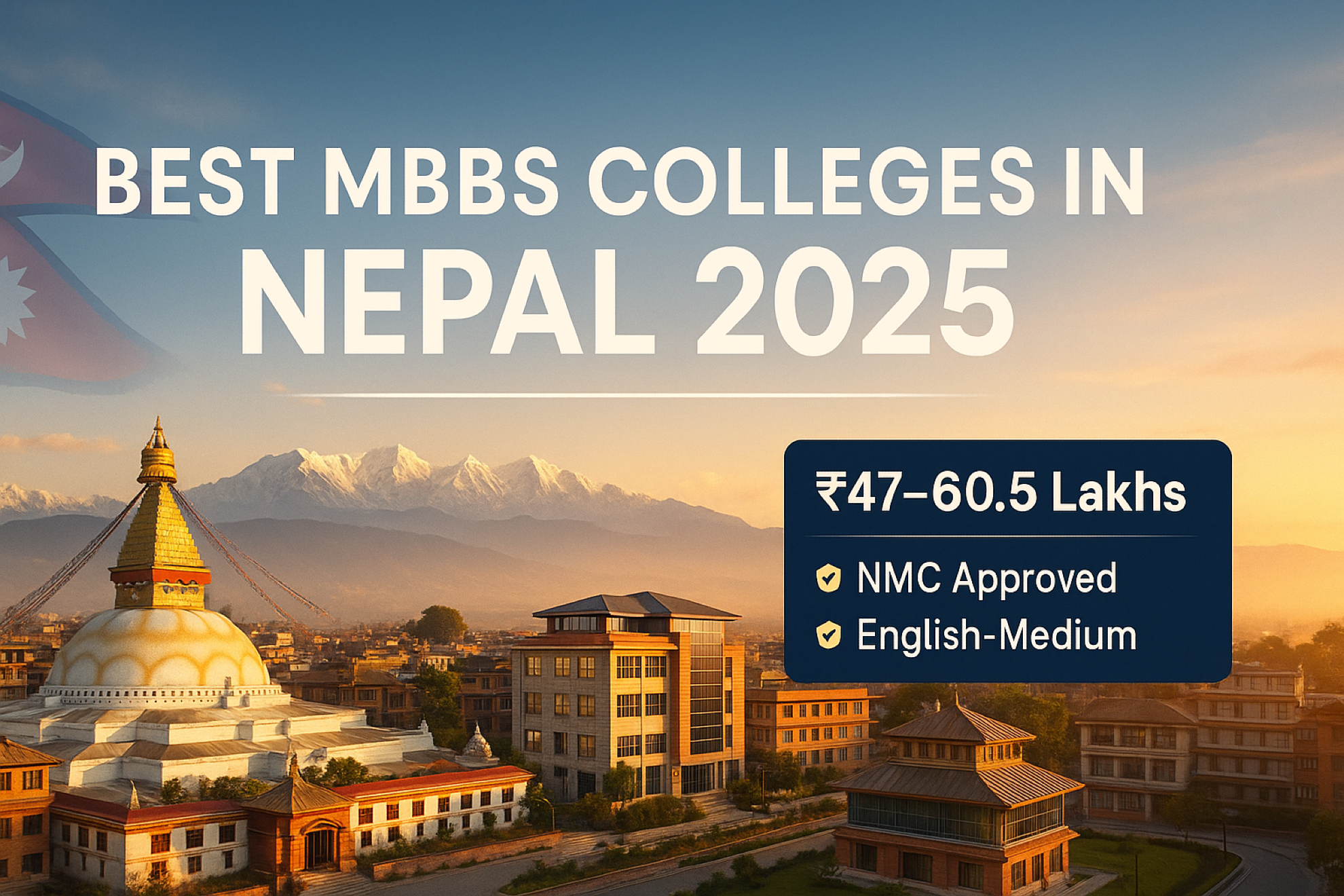 Jun 03, 2025
Jun 03, 2025
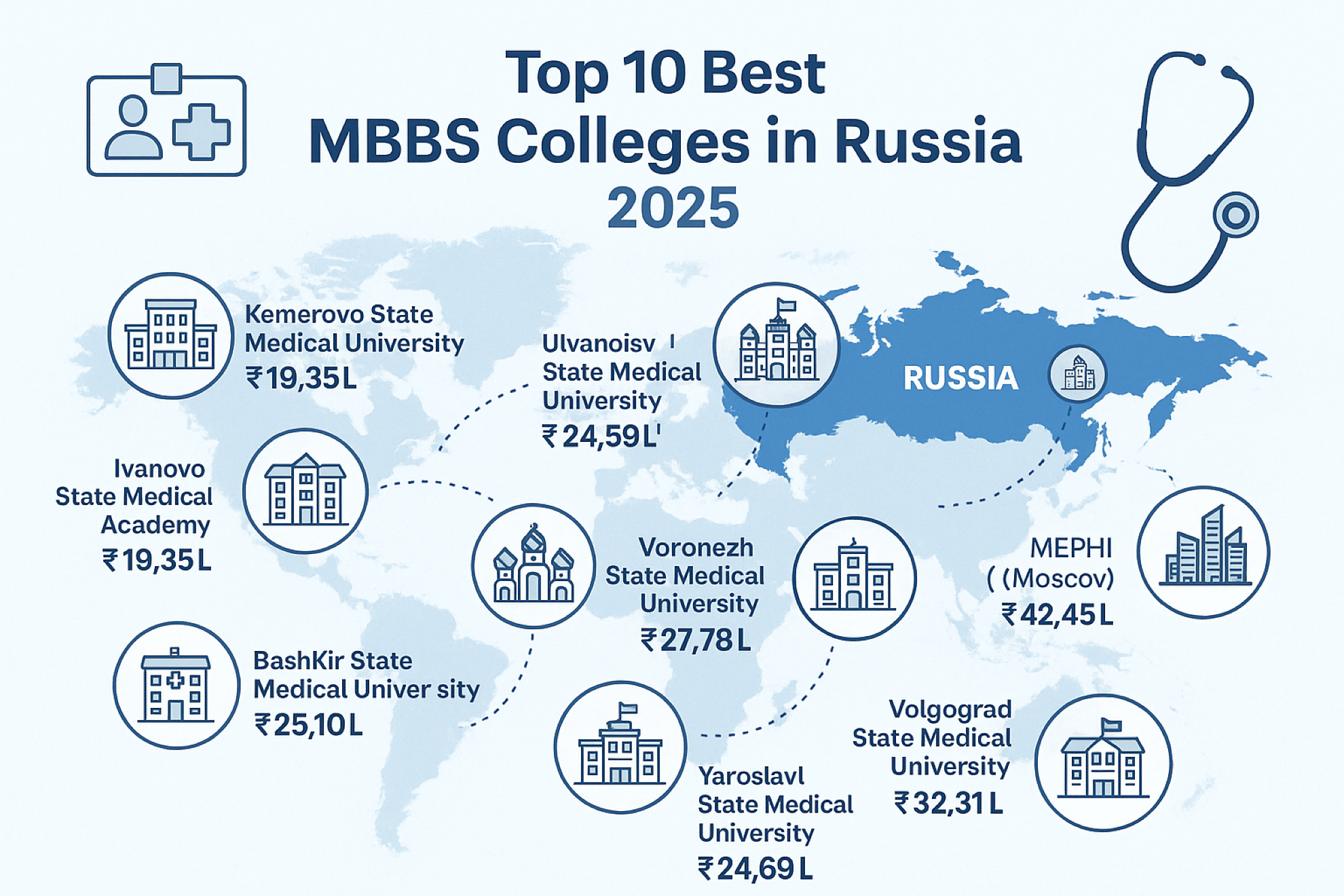 Jun 03, 2025
Jun 03, 2025
Best MBBS Colleges in Russia for Indian Students (2025): Fees, Duration & NMC Approval
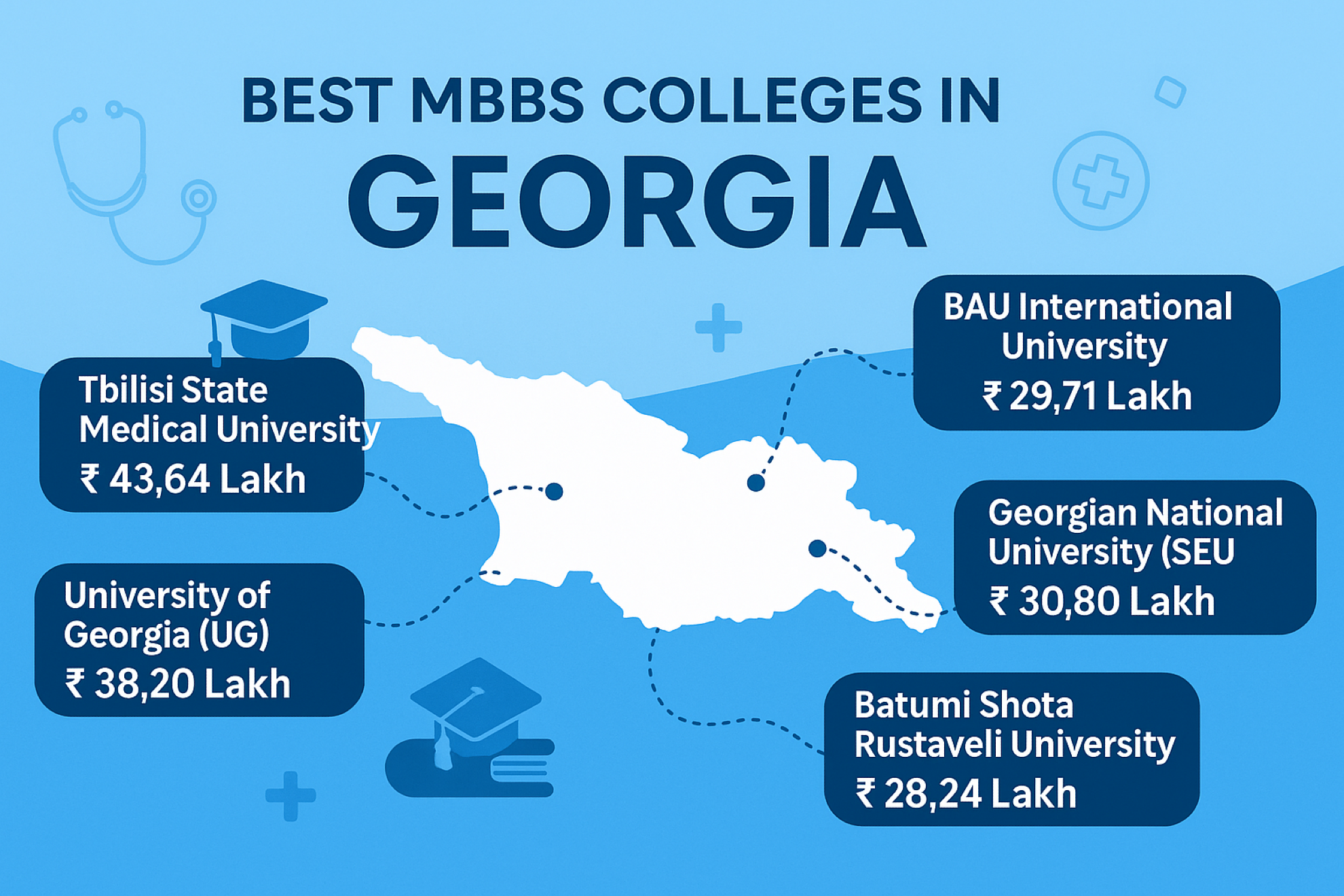 Jun 03, 2025
Jun 03, 2025
Best MBBS Colleges in Georgia (2025): Affordable, NMC-Approved Options for Indian Students
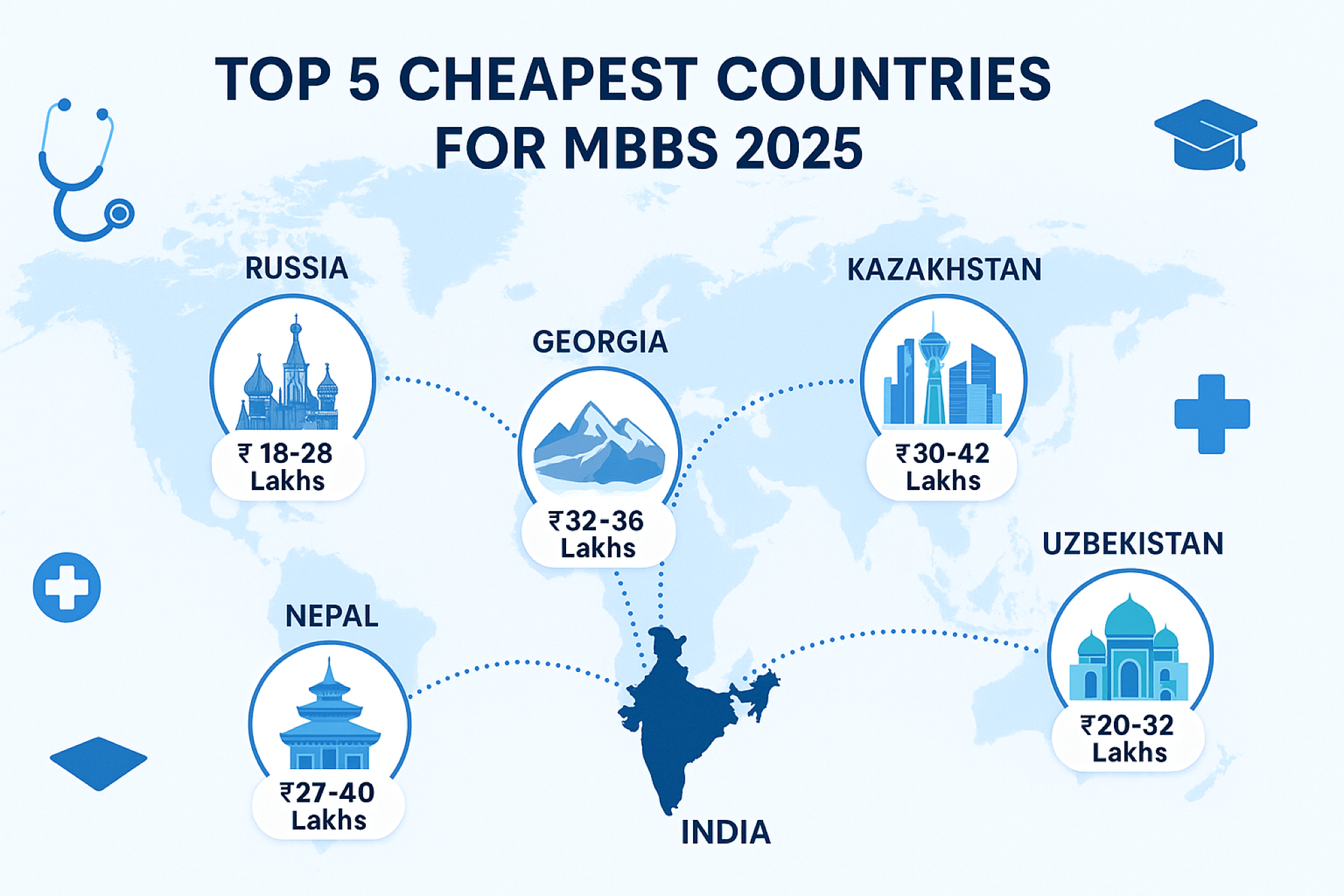 Jun 03, 2025
Jun 03, 2025
Cheapest Country for MBBS Admission in 2025: Top Options for Indian Students
Latest Updates
NTA Latest Update 2025 - Notice regarding Provisional Answer key
NTA Latest Update 2025- Admit Card Released NEET- 2025
Karnataka Latest Update 2025- Offline Document Verification-CET 2025
NTA 2025 Latest Update- Reporting of Suspicious Claim
NTA 2025 Latest Update- Advance Intimation of Exam City
Delivering Smiles to 1600+ Students
Testimonials
 Mobile version
Mobile version

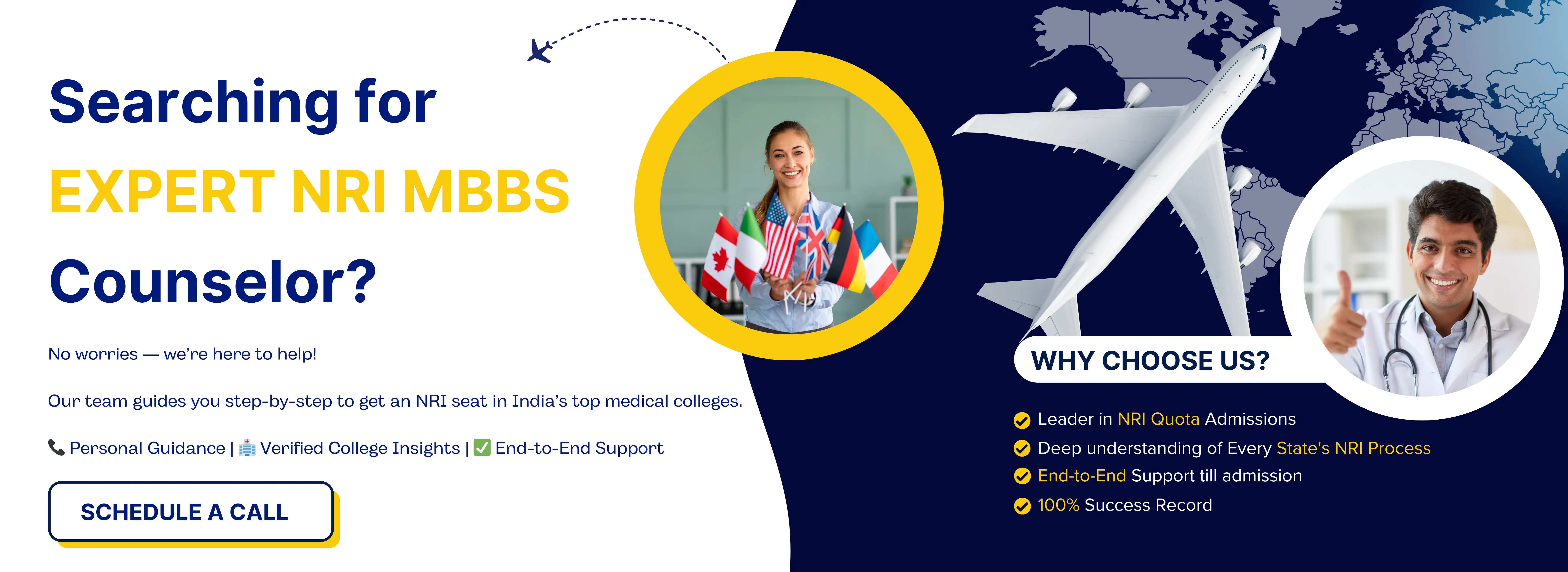 Mobile version
Mobile version

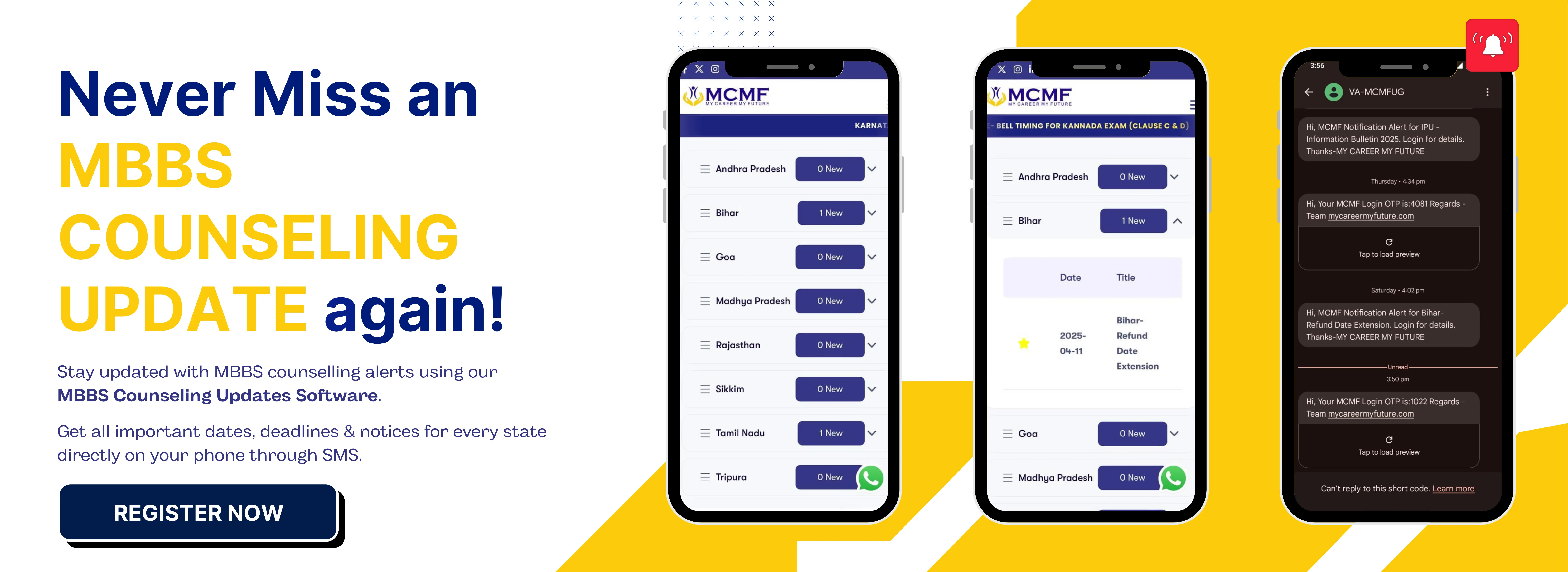 Mobile version
Mobile version
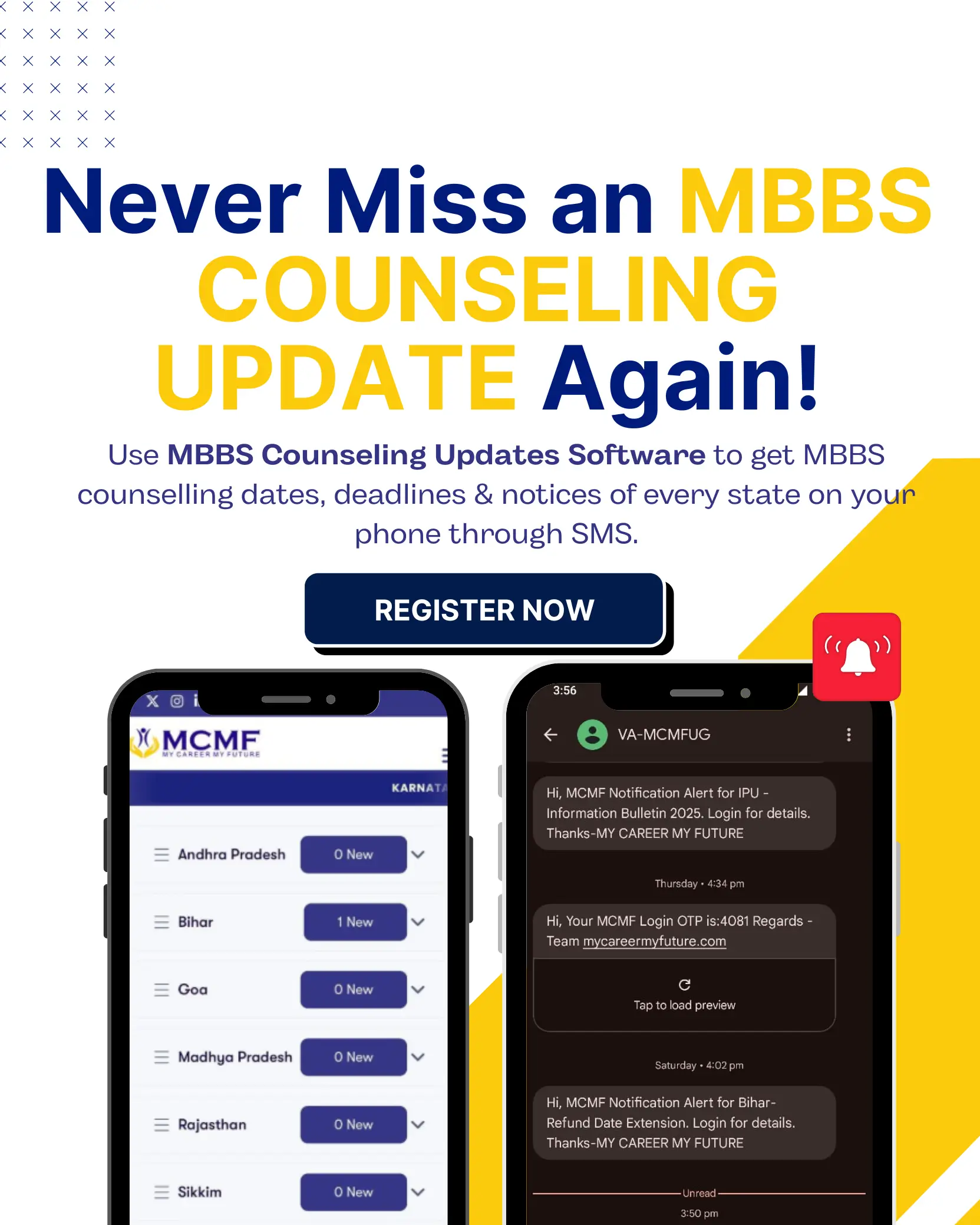
 Mobile version
Mobile version











